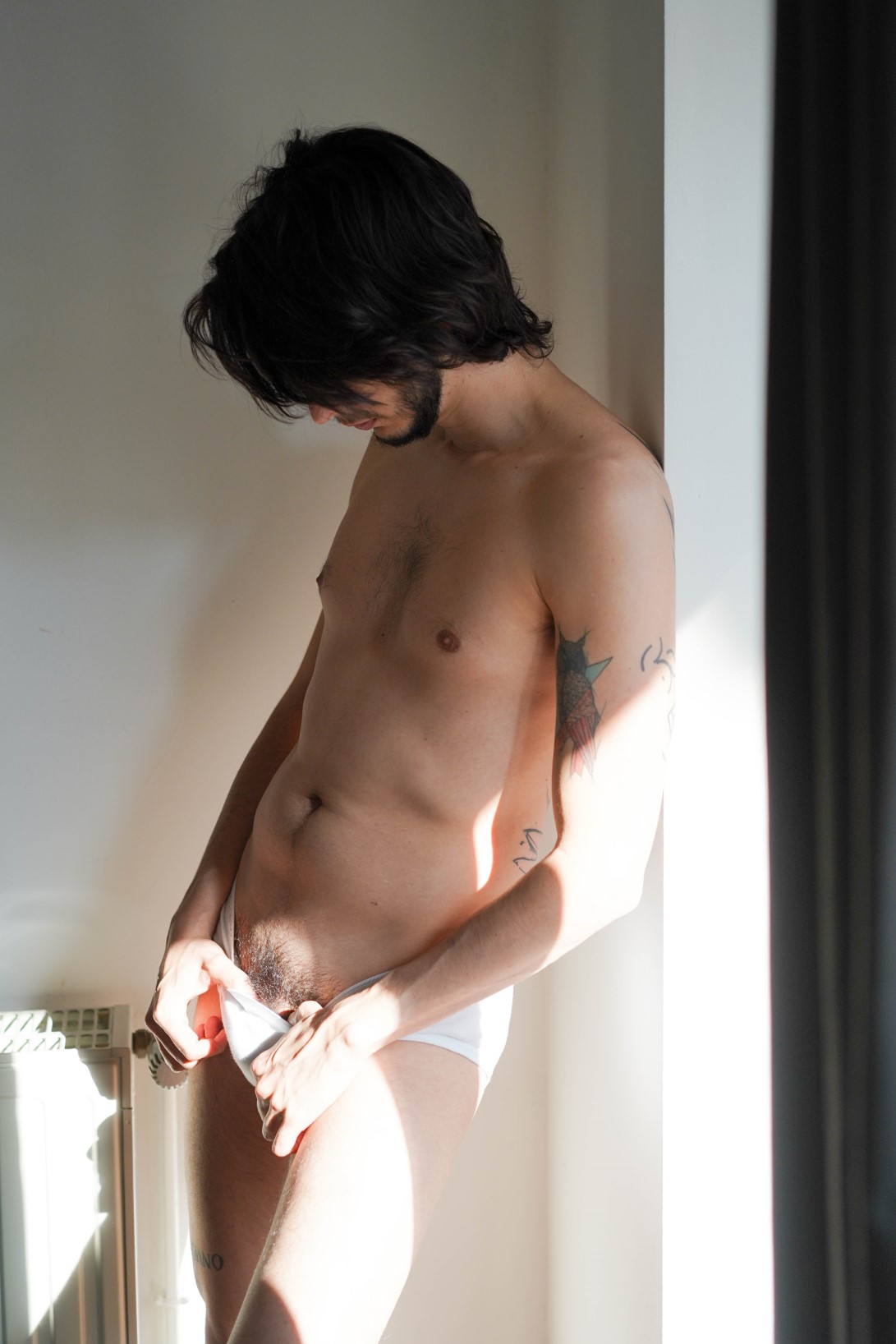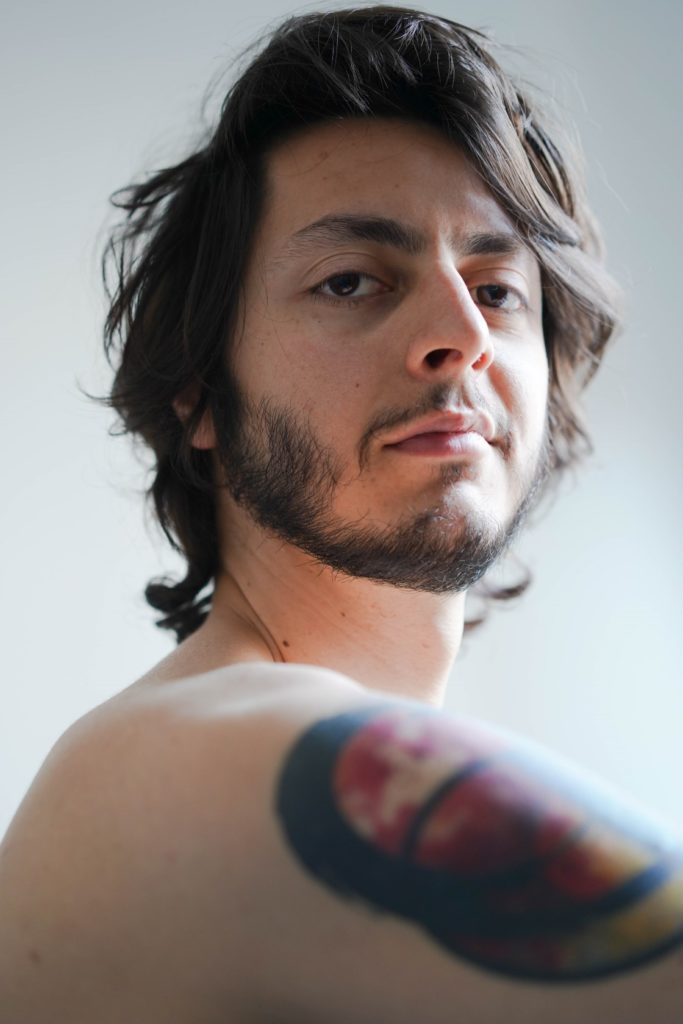
Some things clearly define me nowadays: a PhD student in Law. Lawyer. Professor. Expat. There are several clichés about what all of that means in practice: serious, discreet, neutral, reserved and… well, boring. Both society and academia expect me to act in a very specific, traditional and predetermined way.
Over the last years I struggled to distance myself from all of that, especially coming of age. I have tried to make a difference to my students in Brazil, by starting an LGBTQ support group at my university, in a truly homophobic city, filled with traditional traits of a super macho Brazilian culture. There, men are not supposed to display anything other than heteronormative sexuality. Homossexuality is frowned upon, unless you fit their societal standards. Once, during a meeting with the Dean regarding homophobic slurs my students had to put up with (both from their peers and professors), he told me that “everything is considered politically incorrect now”, and that because he was a short person, he was also going to start a support group for short people, diminishing the importance of my claims.
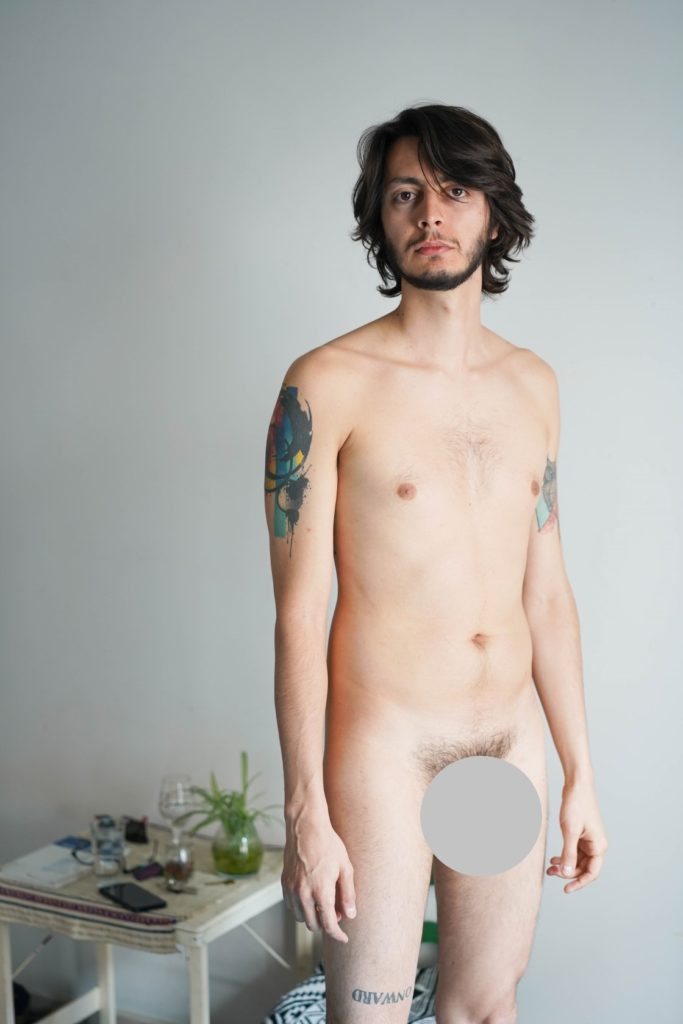
Currently, I am a Brazilian living in Europe, which also means I’m constantly confronted with over-sexualized stereotypical views of my nationality. Oh well, here I am taking part on a project that portrays male nudity. This is actually a paradox, because Brazilian culture is, in fact, very conservative and traditional. The image we convey (and that we are constantly invited to display) is of being completely at ease with our own bodies and with nudity. This is not true, by the way. Throughout my life, I have faced several instances when being at ease with the way I looked, the way I dress, the way I move and the way I speak were not acceptable. I was told to be more macho. I was told to wear discreet clothing. I was told to speak with a thick, deeper voice (which I actually may do, for you curious out there). It was never about being whomever I wanted to be. And I didn’t want to be any of those things.
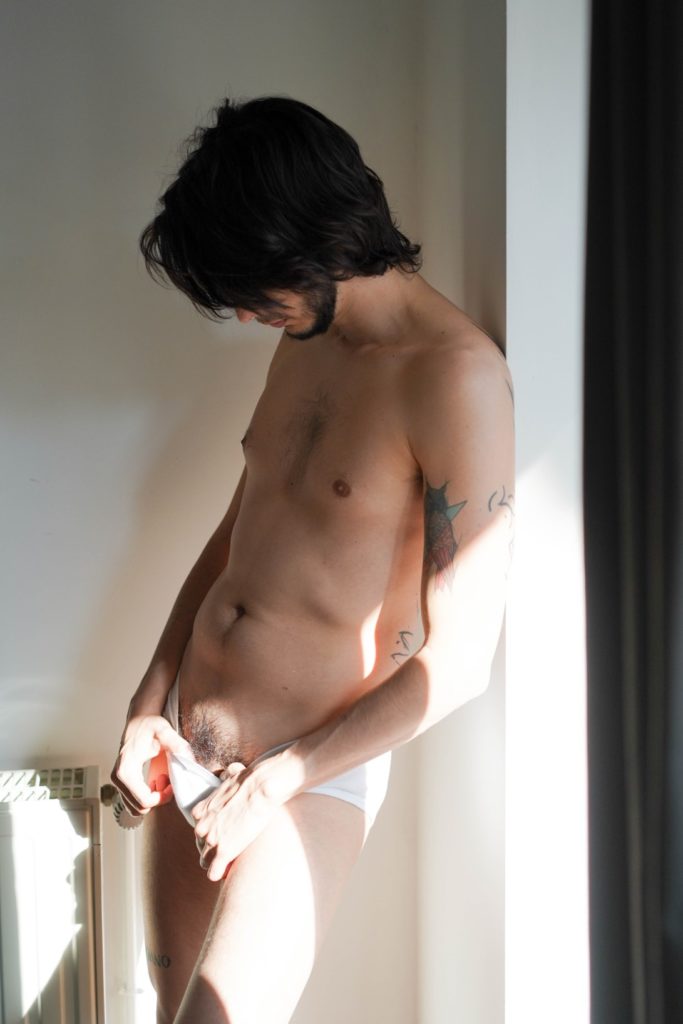
Also, I have progressive political points of view and I make sure I wear them on my sleeves. Being progressive and gay in academia means perpetually recognizing your own faults and privileges. It means being thought of less of a researcher or of a teacher by some of your peers, and even your students. It means being one of the few voices in your departament asking for gender equality and inclusion. In general, it means that people judge you by what they think a gay person ought to be according to their stereotypes (loud, frivolous and superficial), when in fact you are much more than that. And, you know what? It feels great. It feels excellent to be underestimated and then surprise your audience, to challenge existing norms, to question long-lasting prejudice, to make my conservatives colleagues uncomfortable with my comments. And it is amazing to see other kids looking up to you, a whole other generation, much more at ease with their sexuality, freer, less worried about what society thinks of them. I really think their future is promising (much more than our generation’s), and I make sure to always tell them so.
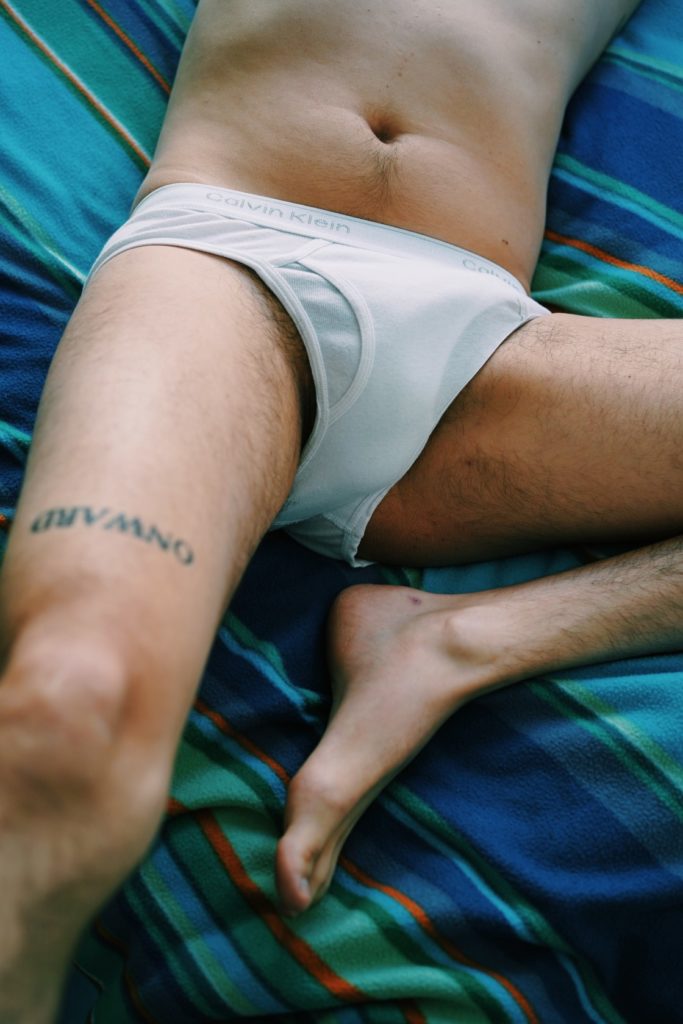
I have several tattoos now, and I do not try to hide them (like most professors I know). I like to display them, even in social media. A lot of my department colleagues and family members have told me not to show them in public, because this may have an influence on what they think of me as a serious researcher. But I don’t see any conflict between high-level research and the tattoos you have on your skin. And there is something so primal about getting a tattoo… It hurts, of course, it is permanently entrenched in your skin and it eventually becomes part of your body. The tattoos I like the most are abstract. Like many abstractions, they cause a certain impact on your audience that is both puzzling and normative. It drives them to try to make sense of what you wanted to tattoo, what you wanted to display. They even prompt questions like “what does this mean”? But that is futile, of course. Abstractions are not supposed to be defined, just like people are not supposed to be entrapped into boxes.
I am not, and will not be, your stereotypical Brazilian legal scholar.

